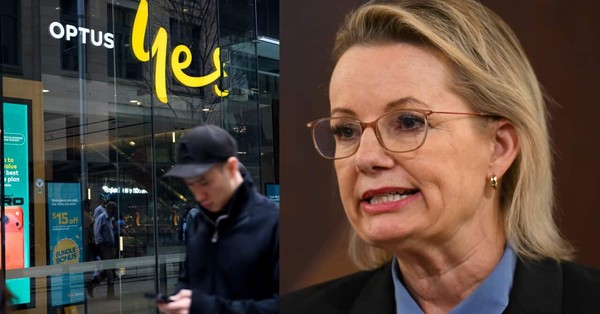- Tech News & Insight
- October 5, 2025
- Hema Kadia
Australia is moving quickly to shore up the 000 emergency call service ahead of the bushfire season by hauling telco chiefs to Canberra and fast‑tracking reforms. The Australian Communications and Media Authority (ACMA) has opened a compliance investigation, and Optus has appointed Kerry Schott to lead an independent technical review into the failures. The reforms build on proposals flagged after the nationwide Optus outage in November 2023 and signal a shift from after‑the‑fact reporting to proactive assurance for a service that must be available under extreme conditions.





























